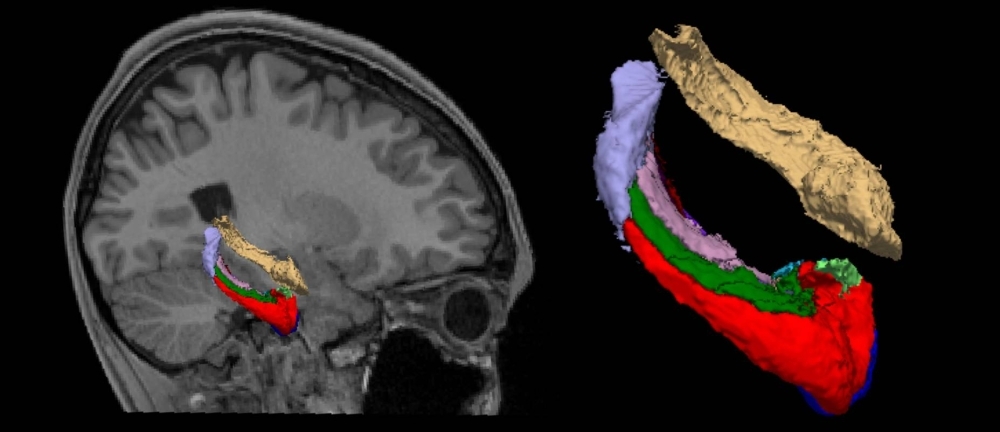The size of the hippocampus in Japanese teenagers’ brains increased during the nation’s first COVID-19 state of emergency in spring 2020, suggesting their stress levels had decreased, a new study by the University of Tokyo has shown.
The research shows that, contrary to popular belief that the restrictions on academic and social activities during the pandemic added to stress among teens, their stress levels actually went down, at least temporarily. The research was published Friday in JAMA Network Open, an open-access journal put out by the American Medical Association.
Researchers led by Shinsuke Koike and Lin Cai used analyzed data of about 450 teenagers between 15 and 17 in three municipalities in Tokyo who had undergone MRI scans before and after the state of emergency.



